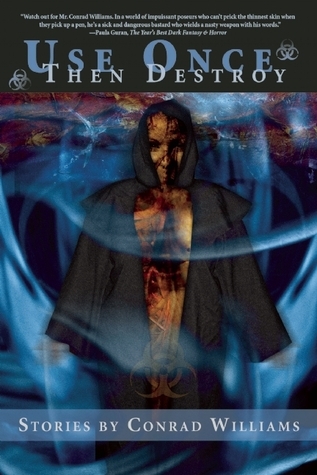What do you think?
Rate this book


256 pages, Paperback
First published May 31, 2004
Crumbling farmhouses; fields freshly opened by the tractors, the soil dark and dense, brown as wet leather; long gray roads. They turned on to one now, flanked by elm trees, an object lesson in perspective.
"Now there's pretty for you, Molly said.
"There are moves to pull trees like that down," Ian said, and then mentally kicked himself for once again putting a downer on things. Why couldn't he just agree occasionally? It was what she wanted to hear.